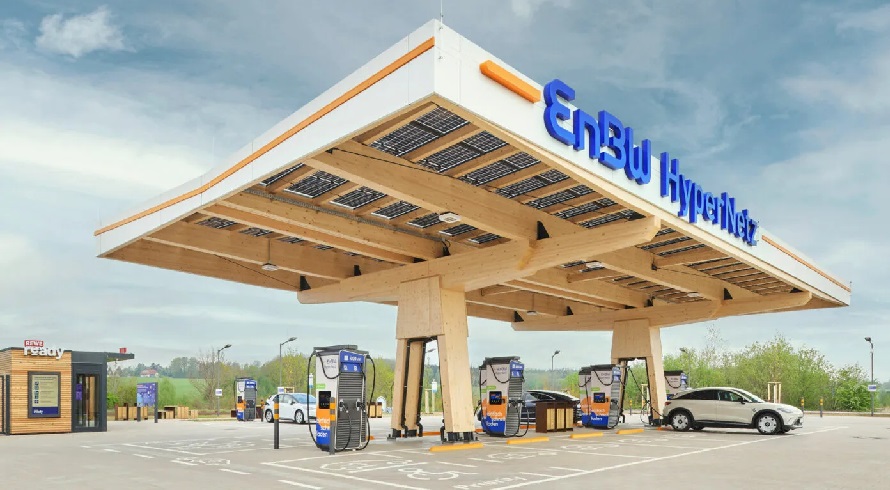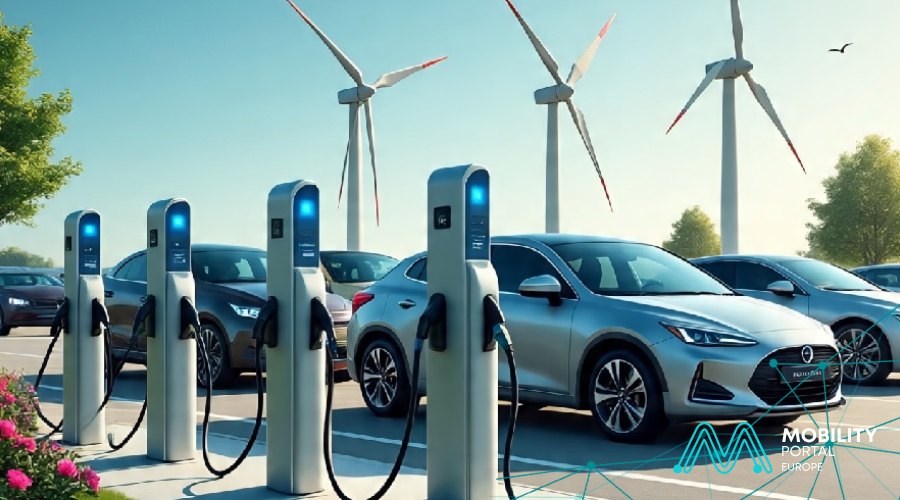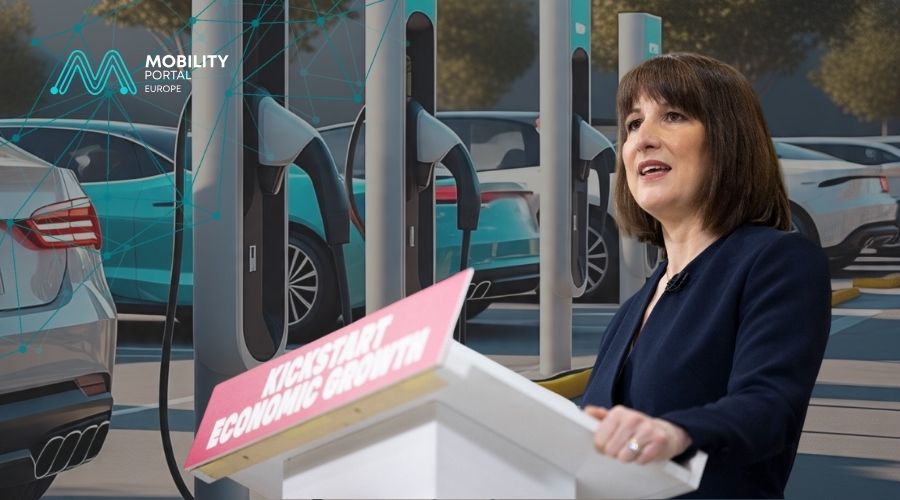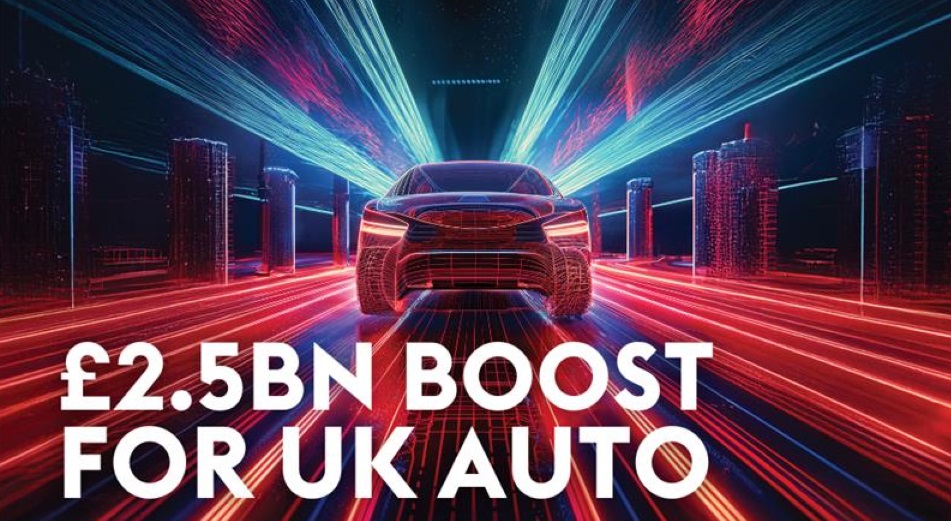The energy company EnBW has reduced its plans for the expansion of its charging network by 2030 due to the slow adoption of electric vehicles (EVs).
This was confirmed by the company’s management at its latest annual results press conference.
Indeed, instead of the 30,000 fast charging points originally announced, EnBW now plans to operate around 20,000 devices in Germany by 2030.
It is worth noting that at the IAA Mobility event in September 2023, the company announced it would double its annual investment in the development of fast charging infrastructure in Germany to approximately 200 million euros and aimed to operate around 30,000 fast charging points in the country by 2030.
Even with the previous budget of 100 million euros annually, EnBW had become the operator of the largest fast charging network in the country and has continued to expand its leadership.
By the end of the year, its national network had around 6,000 charging points.
Dirk Güsewell, a member of the management board, states: “We are on the right track in terms of electric mobility: we have far exceeded 6,000 fast charging points in 2024 and connected more points to the grid than ever before in the second half of the year.”
“We want to expand our fast charging infrastructure to over 20,000 charging points by 2030 and consolidate our market share of around 20% in this sector.”
Source: vision-mobility.de
READ MORE
-
E-mobility trend: smart, shared charging to prevent blackouts and save money
For go-e, there is no need for major investments in grid infrastructure to prevent blackouts. Implementing a shared charging system is not only more efficient but also more cost-effective. What model is the 13-company consortium proposing to improve EV charging?
-
UK to Spend £2.6bn on Greener Mobility: Where Should the Money Go?
While Chancellor Rachel Reeves has pledged £2.6 billion to decarbonise transport, experts warn of common funding mistakes and highlight the risks of politicising zero-emission mobility. Has the time come to stop subsidising EVs?
-
DRIVE35: UK launches £2.5bn plan to build a globally competitive EV supply chain
The programme will fund a wide spectrum of projects which help the transition to zero-emission vehicle manufacturing – targeting established high-volume manufacturing and multi-billion-pound gigafactories, all the way to start-ups, prototypes and cutting-edge automotive innovation in the UK. How will the money be distributed?










